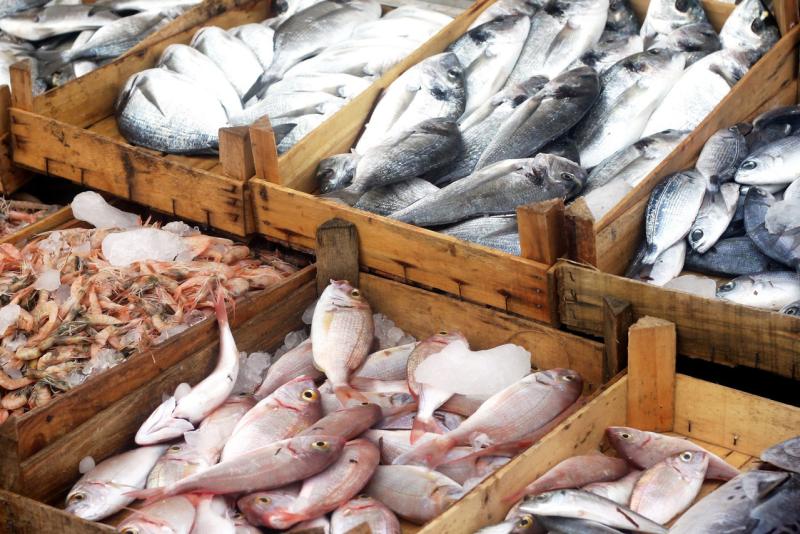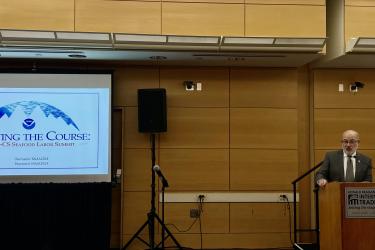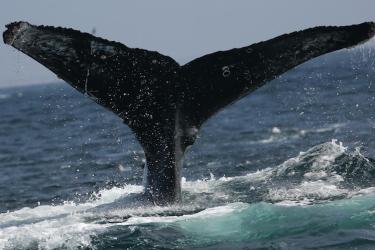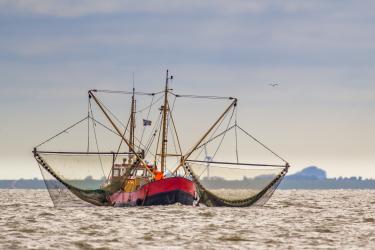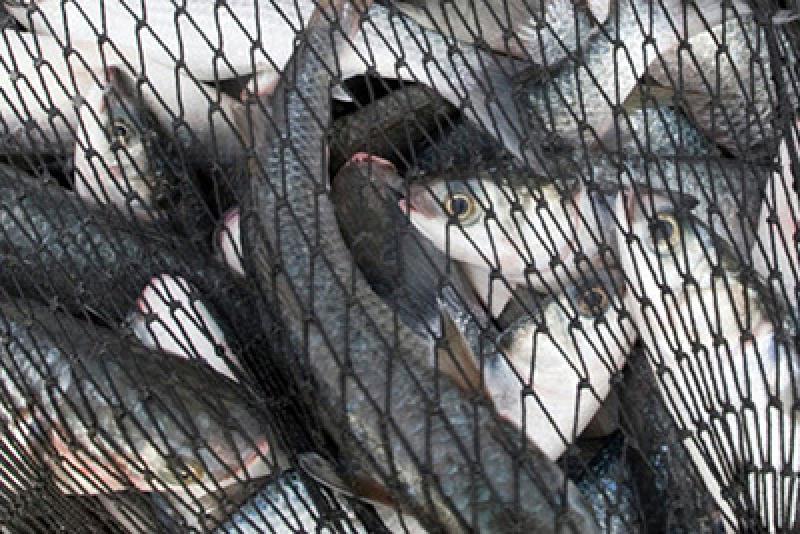Shrimp and abalone are now included in the U.S. Seafood Import Monitoring Program (SIMP). Beginning December 31, 2018, foreign shrimp products must be accompanied by harvest and landing data and importers must maintain chain of custody records for shrimp and abalone imports entering the U.S. Adding shrimp and abalone imports to the program nearly doubles the volume and value of imported fish and fish products subject to its requirements.
The United States is recognized as a global leader in sustainable seafood. Illegal, unreported, and unregulated (IUU) fishing and seafood fraud jeopardize the health of fish stocks, distort legal markets, negatively impact consumer confidence.
The Seafood Import Monitoring Program established permitting, data reporting, and recordkeeping requirements for the import of thirteen priority species of fish and fish products entering U.S. commerce. These species are identified as being especially vulnerable to IUU fishing and/or seafood fraud. The program facilitates better data collection and retention, sharing, and analysis among relevant regulators and enforcement authorities for imported seafood—marking a significant step forward in combatting IUU fishing and seafood fraud.
NOAA and its partner agencies will continue to work with U.S. fishermen, aquaculture producers, foreign trading partners, and the international fishing community to support the program’s requirements and initiatives.
